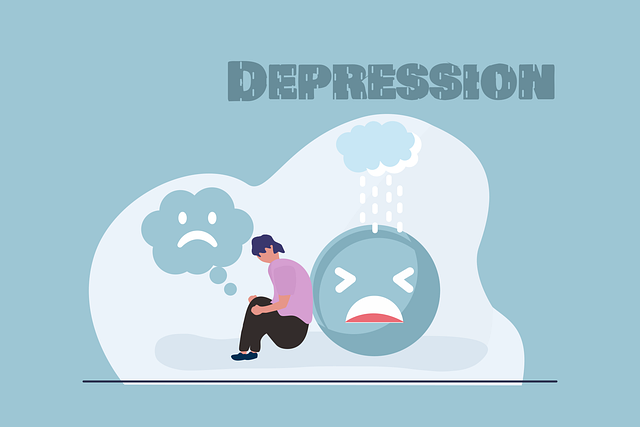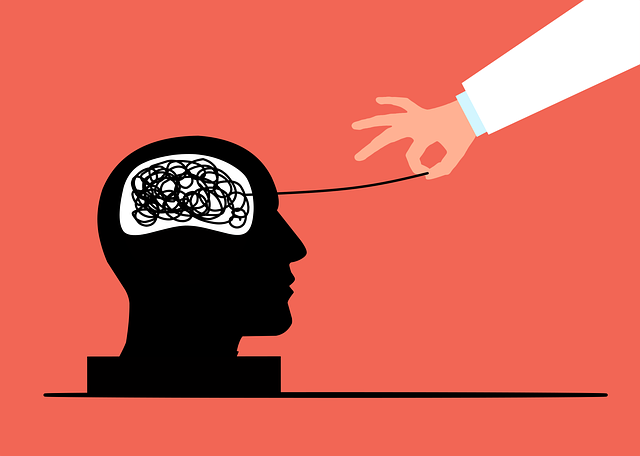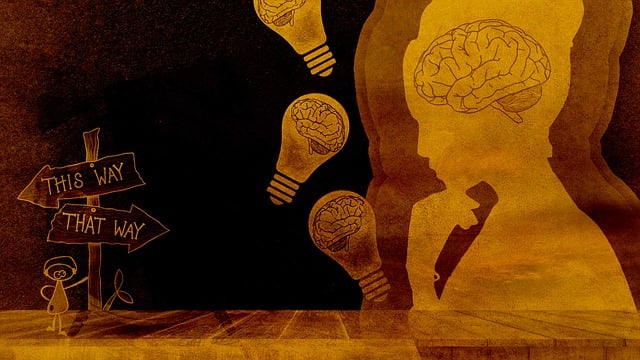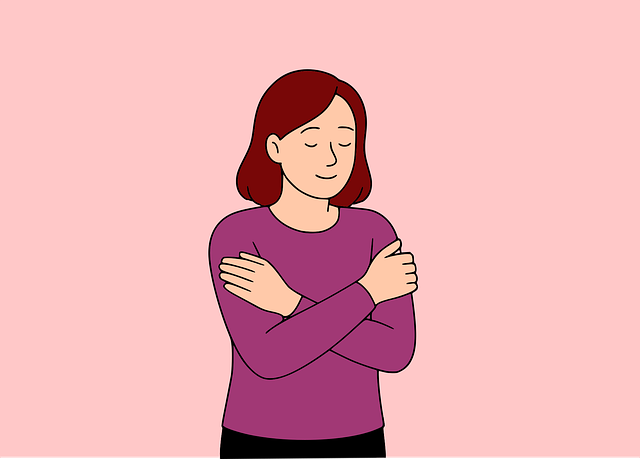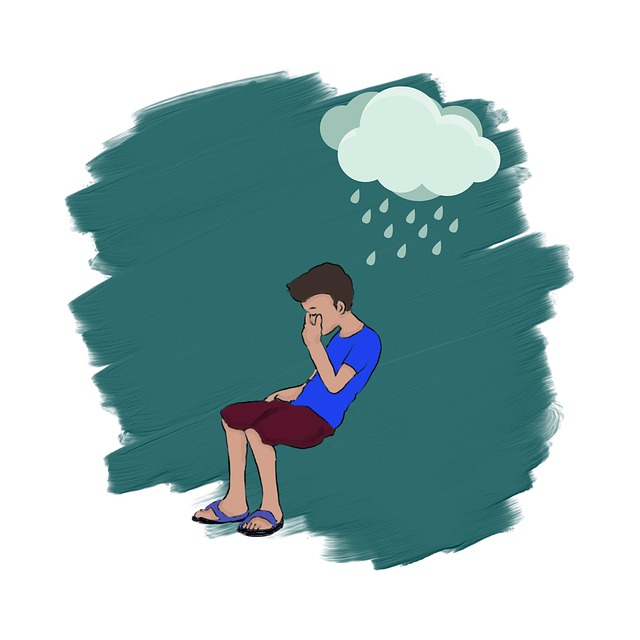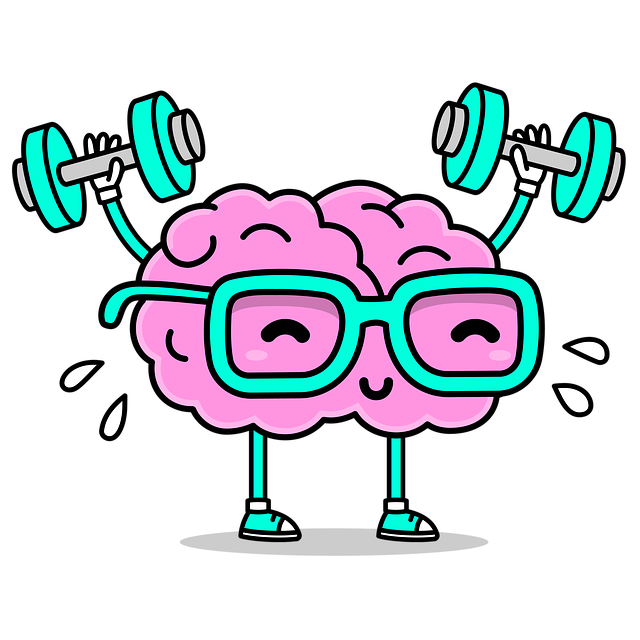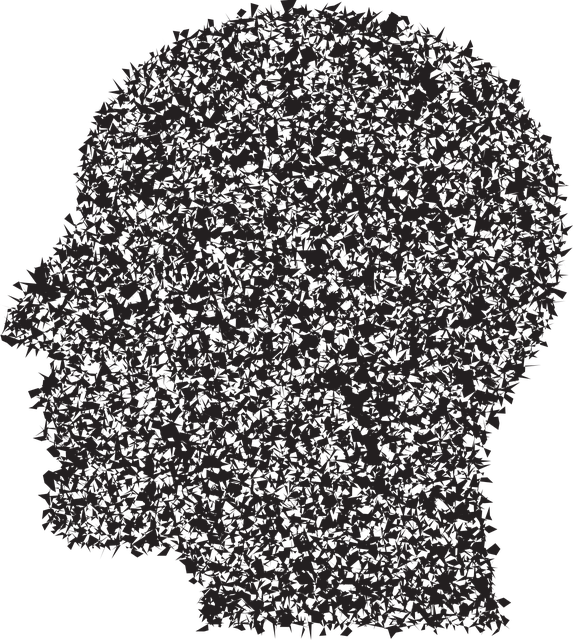Creating inclusive environments for geriatric populations starts with understanding and addressing their unique mental health challenges, often exacerbated by stigma. Lone Tree Geriatrics Therapy offers educational initiatives focused on raising awareness, empowering self-care, promoting burnout prevention, and tailoring programs to diverse learning needs. Interactive strategies, such as role-playing and multimedia tools, normalize mental health conversations among seniors. Their evidence-based practices, including mindfulness meditation and communication skills, reduce stigma and improve emotional well-being. The Mental Wellness Podcast Series complements direct therapy, while robust evaluation methods measure program impact, driving continuous improvement based on participant feedback.
Mental health education programs play a pivotal role in fostering well-being, especially within geriatric populations. This article explores the comprehensive design of such programs, focusing on breaking down stigma and promoting awareness among seniors. We delve into tailored strategies for addressing the unique needs of elderly individuals, emphasizing interactive learning and practical emotional wellness skills. By examining case studies from Lone Tree Geriatrics Therapy, we highlight effective program implementation and continuous improvement methodologies, underscoring the impact of such initiatives.
- Understanding Mental Health: Breaking Down Stigma and Promoting Awareness among Geriatric Populations
- Tailoring Education Programs: Addressing Unique Needs and Challenges of Elderly Individuals
- Interactive Learning Strategies: Engaging Seniors and Encouraging Open Conversations
- Incorporating Practical Skills: Equipping Geriatrics with Tools for Emotional Well-being
- Measuring Impact and Continuous Improvement: Evaluating the Effectiveness of Lone Tree Geriatrics Therapy Programs
Understanding Mental Health: Breaking Down Stigma and Promoting Awareness among Geriatric Populations

Understanding Mental Health is a vital step in creating an inclusive environment, especially for geriatric populations who may face unique challenges. Stigma surrounding mental health issues often prevents individuals from seeking support, leading to prolonged struggles and potential exacerbation of symptoms. By implementing programs that break down these barriers, such as Lone Tree Geriatrics Therapy, we can foster a culture of openness and care.
Educational initiatives should focus on raising awareness about various mental health conditions, their causes, and available treatment options. This includes promoting self-care strategies tailored to older adults, like mindfulness practices, social engagement, and stress management techniques. Additionally, integrating confidence-boosting activities and mental wellness coaching programs development can empower seniors to navigate their emotional well-being proactively. Moreover, addressing burnout prevention is crucial, as it helps identify signs of mental fatigue and encourages healthy coping mechanisms within this demographic.
Tailoring Education Programs: Addressing Unique Needs and Challenges of Elderly Individuals

Mental health education programs designed for the elderly must be meticulously tailored to address their unique needs and challenges. As people age, they often face distinct mental health issues, such as cognitive decline, depression, and anxiety, which require specialized approaches. Incorporating evidence-based practices like mindfulness meditation can significantly benefit this demographic, promoting calmness and improving overall well-being. Lone Tree Geriatrics Therapy recognizes the importance of these strategies, offering programs that blend Mindfulness Meditation with communication strategies to foster meaningful connections and enhance cognitive flexibility.
Additionally, teaching Mind Over Matter principles empowers the elderly to take control of their mental health. These principles can be integrated into everyday activities, encouraging resilience and a positive outlook on life. By tailoring education to include both traditional therapeutic techniques and modern approaches like meditation, programs can cater to diverse learning styles and preferences, ensuring that each individual receives the most effective support tailored specifically to them.
Interactive Learning Strategies: Engaging Seniors and Encouraging Open Conversations

Incorporating interactive learning strategies is essential when designing mental health education programs for seniors, as it fosters a comfortable and engaging environment that encourages open conversations. At Lone Tree Geriatrics Therapy, we understand that traditional lecture-style sessions may not resonate well with an older demographic, who often prefer more dynamic and hands-on approaches to learning. Interactive methods such as role-playing scenarios, group discussions, and multimedia presentations can effectively convey Mental Health Awareness, fostering a sense of community and normalizing conversations about mental health issues.
These strategies not only make the educational process enjoyable but also equip seniors with practical Crisis Intervention Guidance. By actively participating in simulations and sharing personal experiences, individuals can better understand their own emotions and those of others, leading to improved coping mechanisms and enhanced emotional intelligence. The interactive nature of these sessions promotes a deeper understanding of Mind Over Matter principles, ultimately empowering seniors to take control of their mental well-being.
Incorporating Practical Skills: Equipping Geriatrics with Tools for Emotional Well-being

Incorporating practical skills into mental health education programs is essential, especially when tailored for geriatric populations. Lone Tree Geriatrics Therapy understands this need, focusing on empowering older adults with effective tools for emotional well-being. One key aspect is teaching communication strategies that foster open dialogue about mental health concerns within families and care teams. By enhancing communication, individuals can better express their feelings, reducing the stigma often associated with seeking help.
Additionally, these programs should include techniques for anxiety relief, given that older adults may face unique stressors. Incorporating evidence-based practices such as mindfulness exercises and cognitive-behavioral therapy (CBT) strategies into daily routines can significantly improve mental wellness. The Mental Wellness Podcast Series Production can also play a vital role in engaging geriatric audiences, offering accessible and interactive learning experiences that complement direct therapy sessions.
Measuring Impact and Continuous Improvement: Evaluating the Effectiveness of Lone Tree Geriatrics Therapy Programs

Measuring impact is a crucial step in evaluating the effectiveness of any mental health education program, including those offered by Lone Tree Geriatrics Therapy. By implementing robust evaluation methods, we can assess the real-world outcomes and benefits accrued to participants. This involves collecting quantitative data through surveys and statistical analysis to gauge changes in mental well-being, as well as qualitative feedback to understand personal experiences and perceived improvements. Continuous improvement is fostered when program instructors analyze these insights, identifying areas for enhancement and tailoring future sessions accordingly.
For instance, integrating Risk Management Planning for Mental Health Professionals, Crisis Intervention Guidance, and Conflict Resolution Techniques into the curriculum can be effectively gauged through participant feedback. By encouraging open dialogue about these critical aspects of mental health care, we can assess the program’s impact on professionals’ confidence and skillsets. Regular reviews and updates ensure that Lone Tree Geriatrics Therapy remains at the forefront of evidence-based practices, providing valuable learning experiences for those seeking to make a positive difference in geriatric mental health.
Lone Tree Geriatrics Therapy programs demonstrate the power of comprehensive mental health education tailored for seniors. By addressing stigma, implementing interactive learning, and equipping individuals with practical emotional well-being skills, these initiatives foster open conversations and improve geriatric mental health outcomes. Continuous evaluation ensures program effectiveness, allowing for ongoing refinement and enhanced support for elderly populations.

